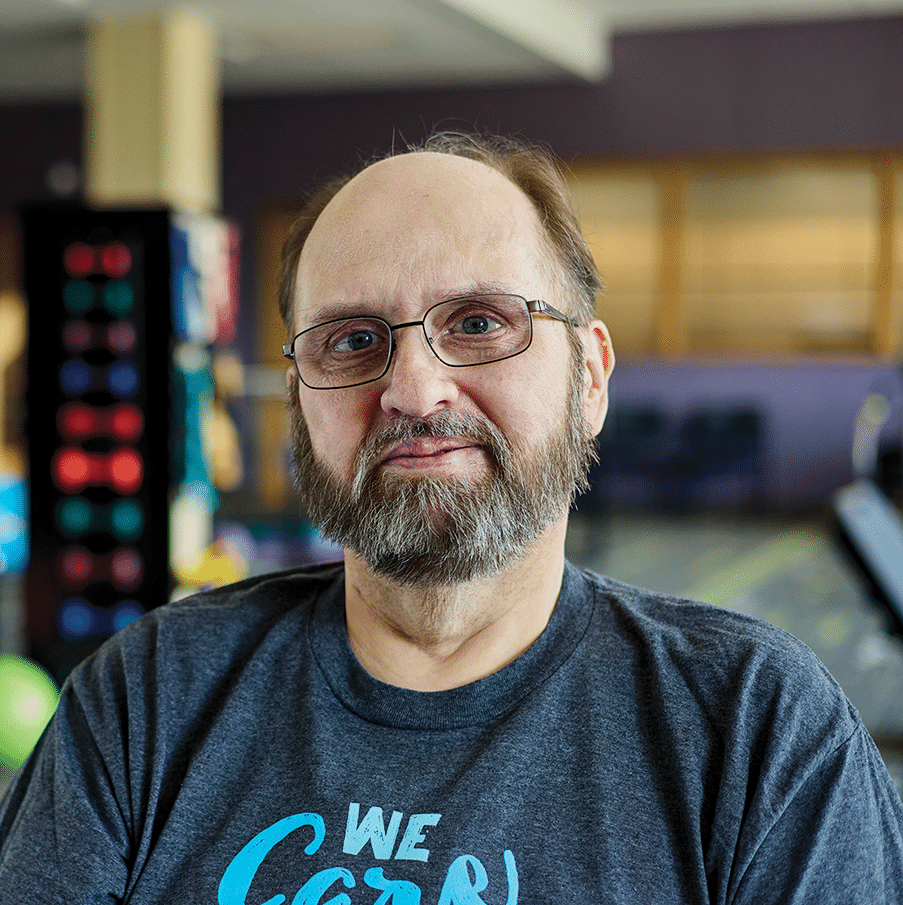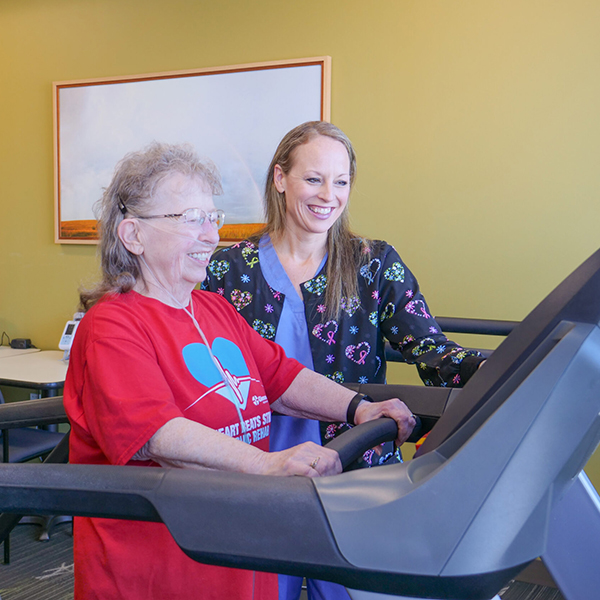How can you tell if someone might have a cognitive disorder?
Friends and family are often the first to recognize when someone is having problems with cognition and could benefit from diagnosis and treatment. Signs that you or someone you know may have cognitive difficulty include:
- Losing the thread of conversations or difficulty finding the right words in conversation
- Forgetting recent events and conversations
- Feeling distracted or disorganized
- Having trouble getting around familiar places
- Feeling overwhelmed when following instructions or planning how to accomplish a task
- Having difficulty making decisions
- Forgetting about upcoming appointments or events
Who can you see for diagnosis and treatment advice?
At Glencoe Regional Health, providers in our family medicine, internal medicine, and neurology departments can diagnose medical conditions that cause cognitive impairment. Depending on the type of cognitive problem and underlying medical condition, there may be a variety of treatment approaches available. Your provider will recommend the appropriate treatments for your specific diagnosis. One option may be cognitive evaluation and treatment from a trained occupational therapist or speech-language pathologist.
How can occupational therapy or speech-language pathology help?
The goals for therapy will be specific to your situation, but may include:
- Preventing future disability
- Improving your ability to perform activities at home, school, or work
- Promoting safety in the home and community
- Improving short-term and long-term memory
What can you expect during evaluation and treatment?
At the first visit, your therapist will perform a cognitive evaluation to better understand your condition and its impact on daily tasks and activities. Next, your therapist will create an individualized treatment plan, if appropriate. Your therapist will discuss the treatment plan with you, including the number of treatment sessions and activities that will be included in future therapy sessions to reach your treatment goals.
Occupational therapists and speech-language pathologists use a number of different approaches to address cognitive problems, such as:
- Designing modifications to daily activities so they are easier to perform
- Recommending ways to adapt your environment for safety
- Performing exercises to improve memory, attention, problem-solving and perception, including use of the Dynavision D2
- Developing a home program to address cognitive deficits
- Providing caregiver training as needed
Who provides cognitive evaluation and treatment?
Depending on your situation, you may see an occupational therapist or a speech-language pathologist for cognitive evaluation and treatment.
Service Area
Our primary service area is McLeod County, Minnesota including: Biscay, Brownton, Glencoe, Hutchinson, Lester Prairie, Plato, Silver Lake, Stewart, and Winsted. We also service parts of Sibley County, including: Arlington, Gaylord, Green Isle, New Auburn, and Winthrop, as well as the western part of Carver County, including: Hamburg, Norwood, and Young America, and part of Renville County, including: Buffalo Lake.













